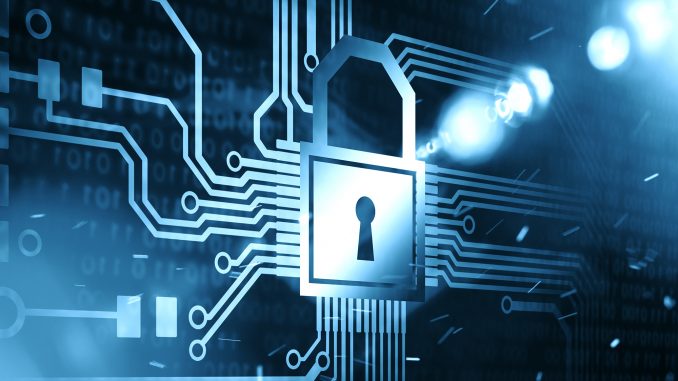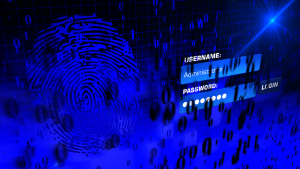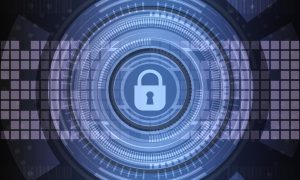
‘;–have i been pwned? That is the question here!
Have I been Pwned? is a free online service that collects, analyzes and evaluates hacked databases, that surfaces somewhere on the dark parts of the internet. They track million of leaked datasets and you can simply look up your email or password to see if it appears anywhere in the database dumps.

How does haveibeenpwnd and Premiumize.me go together?
From now on, when you register or change your password, we check to see if your credentials have already been spotted in any leaked database. If so, we let you know. For security reasons you must choose a different one. On top of that, we also block multiple login attempts and dubious login attempts. Unfortunately our possibilities are limited.
Please note: The lookup works with some cryptograhic magic and your password is not shared with haveibeenpwnd during the lookup.
Help us protect you!
To date, our service has never been hacked and luckily no data has been compromised. However, there is one angle of attack that is often underestimated:

Many people use the same combination of e-mail address and password on the Internet again and again. This is fatal, because if the password is the same on all site, it only needs one security vulnerability in one of the websites to threaten all your logins. No site is really safe but filehost and filehost-related communities are notorious for badly maintained security. Once a database leaks, hackers do not trial and error leaked password combinations manually – they do this automatically by the thousands. There is a very real chance that if your login information leaked, it would be tried on related sites (other filehost forums, filehosters) as well as the biggest sites on the net (amazon, facebook, dropbox, netflix, spotify, …). If the login works for a paid service, the hacker can simply sell the login information at a discount
What can you do?
A lot:
- never use the same password on multiple websites
- never use the same password for your email account
- use a secure password that cannot be bruteforced
 regularly monitor the points overview
regularly monitor the points overview- watch out for files in your cloud that aren’t yours
- use a VPN server in insecure WLAN networks (e.g. at work, in a cafe or at the airport)
This will help you and us enormously, because remember: We do everything we can to keep your data safe but ultimatly you are also responsible for keeping your login information confidential.
So if you notice any irregularities, change your password immediately to be safe. You can also contact our customer service, we will be happy to help you.